experience design
-
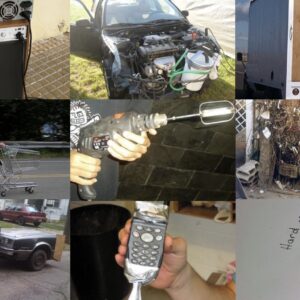 Abstract: Designing from the positionality of a user instead of the designer’s is a must for designing against oppression. By acknowledging oneself as both a user and a worker, this approach dismantles patriarchal, capitalist, and colonialists paradigms that separates managers from workers, and designers from users. Born out of self-management, this approach thrives on collaboration, […] - Jan 27, 2025
Abstract: Designing from the positionality of a user instead of the designer’s is a must for designing against oppression. By acknowledging oneself as both a user and a worker, this approach dismantles patriarchal, capitalist, and colonialists paradigms that separates managers from workers, and designers from users. Born out of self-management, this approach thrives on collaboration, […] - Jan 27, 2025 -
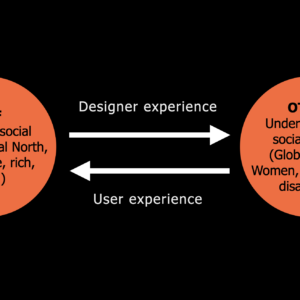
Ethics and aesthetics of the experience designed for the Other
Keynote addressed in the A & D Visitors Series, School of Art & Design, University of Illinois Urbana-Champaign, October 2022. This is a provocative talk on design ethics that might spark a debate with the audience. The presenter will show well-known design products and processes that promise to deliver unique experiences. His critique of these […] - Oct 9, 2022 -
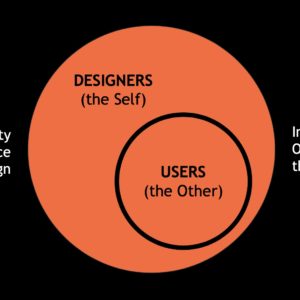
Radical Alterity in Experience Design
Abstract: In Experience Design, we typically learn to design experiences for others, the users. While drawing this distinction between us and them, we block the potential to change who we are by designing for ourselves. Radical alterity means including the Other as part of the Self. It is a concept crafted on decolonial Brazilian anthropophagic […] - Jun 22, 2021 -
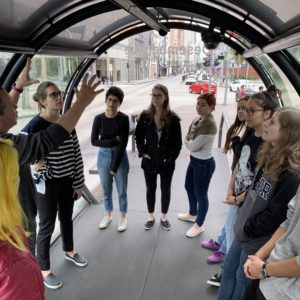 80 hours — Design — UTFPR — shared with Dr. Cayley Guimarães This course introduces the broad view on Experience Design that existed before User Experience Design: designing for memorable moments through multi-sensory media and interactive spaces and technologies. The final project aimed at enabling personal transformations through design, probing into the next step of […] - Sep 2, 2019
80 hours — Design — UTFPR — shared with Dr. Cayley Guimarães This course introduces the broad view on Experience Design that existed before User Experience Design: designing for memorable moments through multi-sensory media and interactive spaces and technologies. The final project aimed at enabling personal transformations through design, probing into the next step of […] - Sep 2, 2019 -
Designing Experiences for Personal Transformations
Designing experiences is an uncontrolled, experimental, exploratory, and ethical process which can lead to personal transformations. This lecture presents the types of experiences which can transform someone’s life, how this transformation may happen and key principles for designing them. http://multimidia.usabilidoido.com.br/podcasts/tranformation_design.mp3 Download Designing Experiences for Personal Transformations lecture [MP3] - May 10, 2019 -
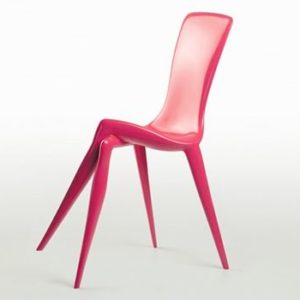 In this lecture at UTFPR, I explain the origins of Experience Design and discuss the concept of experience from a cultural-historical perspective. I also present four design approaches: linear, a-mazing, theatrical, and total. These approaches do not apply solely to digital channels, in fact, all of them emphasize to consider spaces, activities and things equally. […] - Apr 2, 2019
In this lecture at UTFPR, I explain the origins of Experience Design and discuss the concept of experience from a cultural-historical perspective. I also present four design approaches: linear, a-mazing, theatrical, and total. These approaches do not apply solely to digital channels, in fact, all of them emphasize to consider spaces, activities and things equally. […] - Apr 2, 2019 -
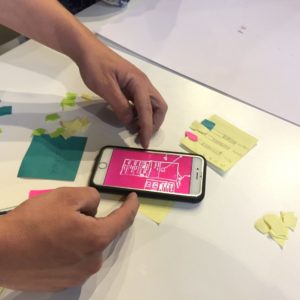 Since 2013, Apple has a partnership with several Brazilian Universities to offer an educational program to attract and train new software developers in their mobile application ecosystem. The program is called Apple Developer Academy and it includes everything a newcomer needs to develop a new app. The program is customized for each partnership to better […] - Mar 28, 2019
Since 2013, Apple has a partnership with several Brazilian Universities to offer an educational program to attract and train new software developers in their mobile application ecosystem. The program is called Apple Developer Academy and it includes everything a newcomer needs to develop a new app. The program is customized for each partnership to better […] - Mar 28, 2019 -
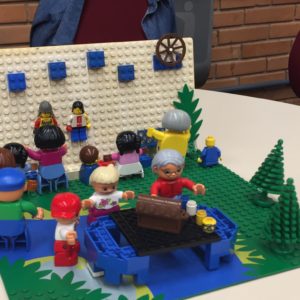 The Experience Map is an abstract representation which might not be understood by stakeholders who are responsible for shaping that experience. Since their participation is essential to stage the experience, I developed a Tangible Experience Model with uses Lego pieces to represent the relationships between people, things, spaces, and activities. Since the model’s meaning relies […] - Nov 4, 2018
The Experience Map is an abstract representation which might not be understood by stakeholders who are responsible for shaping that experience. Since their participation is essential to stage the experience, I developed a Tangible Experience Model with uses Lego pieces to represent the relationships between people, things, spaces, and activities. Since the model’s meaning relies […] - Nov 4, 2018 -
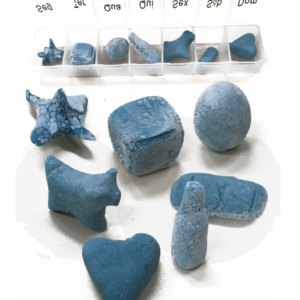
Emotion freezer cultural probe
Emotion freezer cultural probe (2018) was a short talk given at PUCPR teaching seminar. In order to understand the pressures that students experience in their daily lives and to use them as a project theme in the Interaction Design course, a Cultural Probe called emotion freezer was sent to each student. This probe was made […] - Apr 27, 2018 -
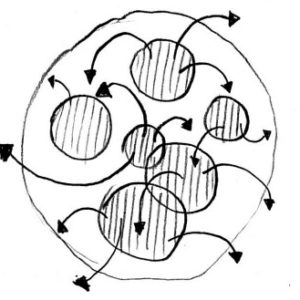 In the first lecture of my Design Thinking course, I gave a historical perspective on the evolution of the design object. According to my thesis work, the object of design expanded in the last century from complex entities to emergent performances, such as experiences, interactions and business. The characteristics of this object are: It includes the user behavior, as […] - Sep 16, 2016
In the first lecture of my Design Thinking course, I gave a historical perspective on the evolution of the design object. According to my thesis work, the object of design expanded in the last century from complex entities to emergent performances, such as experiences, interactions and business. The characteristics of this object are: It includes the user behavior, as […] - Sep 16, 2016 -

Renault Experience 2.0 (2016-2017)
Renault Experience is a competition run by Renault car manufacturing company in partnership with Brazilian universities. Students form teams and develop new mobility services or products within an online platform. The platform guide students to developed their ideas using a design thinking framework I developed. The framework was developed using the UX Cards planning tool. The open innovation […] - Sep 13, 2016 -
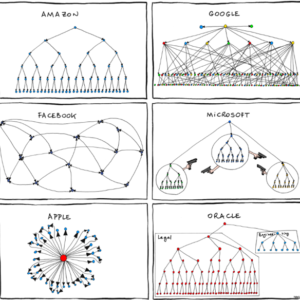
The collaboration for use value
The basic assumption of capitalism that companies make money from valuable products is being challenged by recent market changes. Products are no longer considered valuable only for sales’ performance. They must perform well after the sales, i.e. in use, otherwise sales may drop. The use value (a.k.a. value in use) corresponds to the product applications found […] - Jun 10, 2015 -
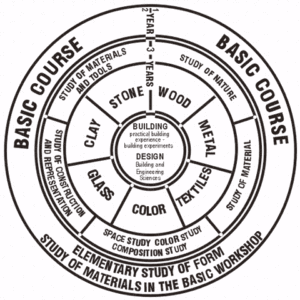
The expansion of the design object: from materials to experiences
The object of design was once easy to grasp. If we look at the first Bauhaus curriculum, we see the prominent role the building materials played in the designer’s formation. The aspiring designer was supposed to master these materials and tranform them into aesthetical compositions. At this time, the materials were the design object: concrete, […] - Mar 9, 2015 -
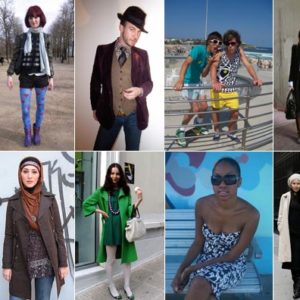
Why measuring design aesthetics?
The aestheticization of politics pioneered by fascist and populist governments is not working so effective as it was in the past. People don’t trust politicians neither the media anymore because, among other factors, they could not keep up with the diversification of identity wishes from the population. Companies, at the other hand, have been very […] - Dec 15, 2011 -
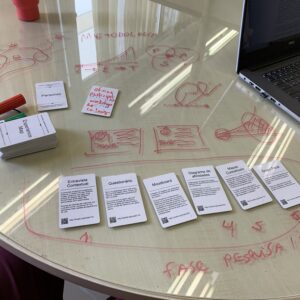 A card deck for collaborative planning user experience projects. Each card is a UX method, with the necessary inputs and the expected outputs. The cards can be organized in a linear fashion to represent the planned process. There are also cards for representing risks, expected delays, and extra human/financial resources. UX Cards enables pattern-based codesign […] - Nov 24, 2011
A card deck for collaborative planning user experience projects. Each card is a UX method, with the necessary inputs and the expected outputs. The cards can be organized in a linear fashion to represent the planned process. There are also cards for representing risks, expected delays, and extra human/financial resources. UX Cards enables pattern-based codesign […] - Nov 24, 2011